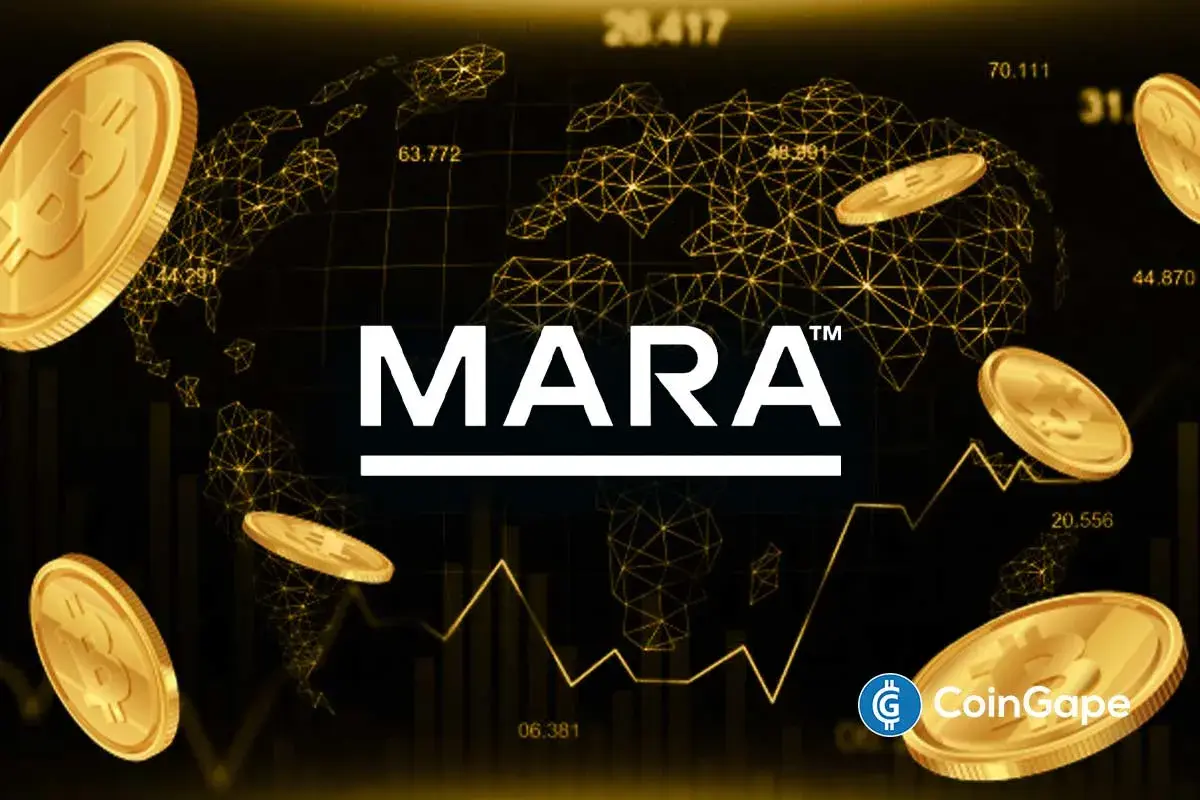Nigeria Decides to Ban P2P Crypto Trading To Protect Local Currency

Highlights
- Regulators say crypto P2P traders influencing the Naira's exchange rate.
- Nigeria's SEC Director announced plans for new regulations to overseeing crypto assets.
- Naira depreciating by 65% against the dollar since the relaxation of currency regulations forcing people into crypto.
Amid the plummeting value of Nigeria’s local currency Naira, there’s recently been a surge in crypto adoption in Nigeria further leading to person-to-person trading. However, the Nigerian authorities have brought an absolute ban on P2P crypto trading activities, in order to prevent any further harm to the local currency.
Arresting P2P Crypto Trades in Nigeria
Peer-to-peer platforms enable cryptocurrency investors to conduct trades directly with each other, bypassing the need for a central intermediary. In these transactions, traders negotiate the price among themselves.
During a meeting with fintech professionals on Monday, Securities and Exchange Commission Director General Emomotimi Agama announced that new regulations would be introduced “in the coming days” to oversee various aspects of the cryptocurrency sector, including crypto exchanges and digital asset custodians. Speaking on the development, Agama said:
“The thing that needs to be done is delisting the naira from the P2P space in order to avoid the level of manipulation that is currently happening. Recent concerns regarding crypto P2P traders and their perceived impact on the exchange rate of the naira has underscored the need for collective action”.
This warning comes soon after Nigeria’s recent ban on Binance Holdings, along with the arrest of its two executives, after they visited the country in February. While one individual escaped, the other, Tigran Gambaryan, has been detained at the Kuje correctional center in Abuja. He is scheduled to stand trial this month, facing accusations of tax evasion, currency speculation, and money laundering.
“Manipulations and all forms of activities that undermine our national interest would not be acceptable,” Agama said.
Crypto A Hedge To Weak Naira?
Residents in Africa’s most populous nation have increasingly turned to crypto assets as a hedge against the depreciation of the naira. Since the government relaxed currency regulations in June to enhance the naira’s appeal to foreign investors, the currency has depreciated by 65% against the dollar.
In February, Central Bank Governor Olayemi Cardoso accused Binance of facilitating illicit transactions in the naira on its platform, leading to authorities blocking the platform. Agama said:
“SEC will not hesitate to utilize all the powers within its mandate to handle issues that are negative and pose a threat to national interest. We ask that those involved in sharp practices that undermine national interest should cease and desist.”
Play 10,000+ Casino Games at BC Game with Ease
- Instant Deposits And Withdrawals
- Crypto Casino And Sports Betting
- Exclusive Bonuses And Rewards

- XRP News: Ripple Expands Payments Platform To Unify Fiat and Stablecoins Globally
- U.S.–Iran War: Bitcoin Price Extends Decline as Oil Prices Surge To Two-Year High
- Bitcoin Treasury Firm MARA Considers Selling BTC Reserves After Policy Update
- Cardano Founder Warns Over CLARITY Act, Cites Lack of Protection for DeFi, Stablecoins, Prediction Markets
- Core Scientific Sells 1,900 BTC as Bitcoin Miner Pivots to AI, CORZ Stock Dips
- RIOT Stock Prediction as Needham, Piper Sandler Slash Target After Earnings
- Cardano Price Outlook As Charles Hoskinson Warns Over CLARITY Act
- Circle Stock Price Climbs 15% to $96, Can Rally Continue in March 2026?
- Bitcoin Price Prediction as US-Iran War Enters 4th Consecutive Day
- Top 5 Historical Reasons Dogecoin Price Is Not Rising
- Pi Coin Price Prediction for March 2026 Amid Network Upgrade, KYC Boost, Rewards Distribution

 Buy $GGs
Buy $GGs

















